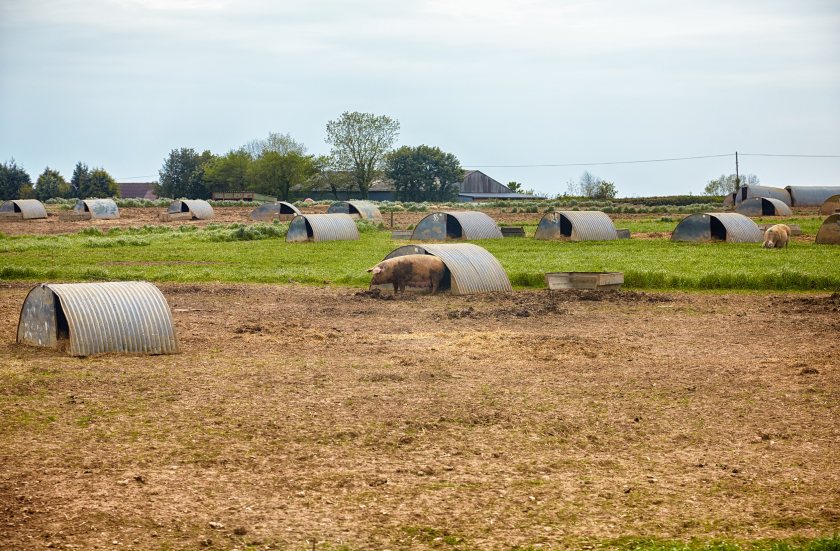Pig sector warns of huge risk as audit confirms UK biosecurity failings

A damning report on the UK’s lack of readiness for a major animal disease outbreak has alarmed the pig sector, which says it confirms serious concerns over biosecurity and under-resourced response systems.
The National Audit Office (NAO) review warns Defra and APHA are unprepared for a major livestock disease outbreak, such as African swine fever or foot-and-mouth, both active in parts of Europe.
The National Pig Association (NPA), which has frequently highlighted concerns over the nation's biosecurity capabilities, said the report was "deeply concerning".
While the agencies have successfully managed recent medium-severity outbreaks, the NAO found a range of weaknesses that would leave the UK exposed in the event of a larger-scale crisis.
These include major gaps in contingency planning, outdated operational processes, and aging infrastructure — most notably at the government’s animal science facility at Weybridge, which will not be fully redeveloped for another decade.
Efforts to create a robust livestock movement tracing system remain incomplete despite starting in 2013, while APHA faces serious workforce challenges, including a 20% vacancy rate for veterinary staff as of April 2025.
On top of this, border biosecurity is under strain, with only 5% of live animal imports undergoing physical checks — far below the government’s 100% target.
The report also warns that climate change and antimicrobial resistance are making outbreaks more likely, yet there is still no overarching government strategy to build long-term disease resilience.
Historical context underscores the urgency: the 2001 foot-and-mouth outbreak cost the UK nearly £14 billion in today’s money, and bird flu outbreaks since 2020 have led to the culling of over 7 million birds.
Gareth Davies, head of the NAO, said: “Defra has assessed that the risk of an outbreak to which it would be unable to respond effectively is above the level it considers tolerable, but it has not determined a way to reduce this risk.
"A long-term strategy and action plan are urgently needed, to protect national economic resilience as well as food security, human health and rural communities.”
Lizzie Wilson, chief executive of the NPA, called the report "thorough and deeply concerning": "[It] reiterates what we already knew about the state of our national biosecurity and capacity to manage disease.
“We have been raising these issues with government and lobbying for change for some time - it is good to now see it formally recognised.
"It underlines the seriousness of the situation, with foot-and-mouth disease and African swine fever circulating in Europe and huge holes in our border controls.
“The report is clear that APHA are severely under-resourced and we still have major concerns about how the agencies would cope if we were to contract another notifiable disease."
She added: "Our question for government is: how long can they keep ignoring this risk?”
Biosecurity Minister Baroness Hayman responded by saying the government’s commitment to maintaining the country’s biosecurity in the face of the mounting risks of disease was "unwavering".
"We took immediate action to ban personal imports of meat and dairy from Europe after a wave of foot and mouth cases on the continent and, after years of underinvestment, we are investing £200m into a new National Biosecurity Centre.”
Jenny Stewart, chief executive of APHA, added: “Our staff work 24/7 to safeguard animal and plant health from a huge range of pests and diseases — much of this work is world-leading.
"We will study the [NAO] findings in detail so that the UK can remain at the forefront of surveillance, diagnostics, research, and rapid response.”








